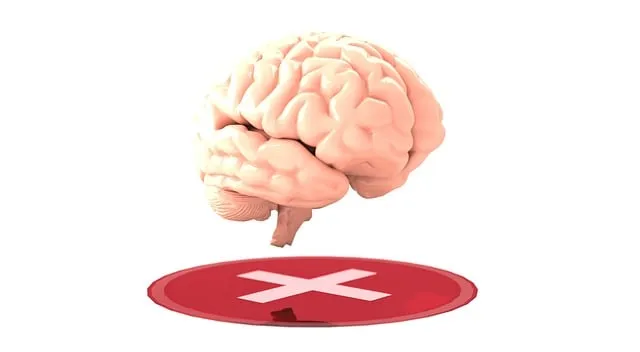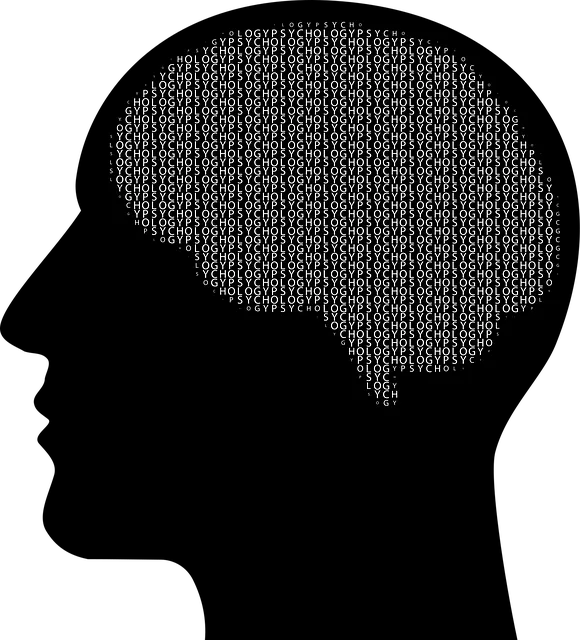The Northglenn Kaiser Permanente mental health department uses the RFM framework for personalized care, focusing on risk assessment, functionality evaluation, and motivation understanding. They implement resilience-building exercises, group therapy, and digital tools tailored to diverse needs, enhancing engagement. Through policy advocacy, they improve access to programs, and regularly measure success with client feedback, post-program assessments, and staff satisfaction tracking.
Resilience is a key component of mental well-being, especially in healthcare settings. This article explores the implementation of RFM (Resource, Fortitude, Mastery) and resilience-building exercises within the mental health department at Northglenn Kaiser Permanente, serving as a case study for enhancing patient care. We’ll delve into how these exercises improve patients’ ability to cope with stress, with a focus on the successful strategies employed by Northglenn’s dedicated team, showcasing their impact on the number of patients served and overall satisfaction.
- Understanding RFM in Mental Health Care
- The Role of Resilience Building Exercises
- Implementation Strategies for Kaiser Permanente
- Measuring Success and Impact at Northglenn
Understanding RFM in Mental Health Care

In the mental health care sector, RFM (Risk, Functionality, and Motivation) is a comprehensive framework that plays a pivotal role in understanding patient well-being and tailoring treatment plans accordingly. The Northglenn Kaiser Permanente mental health department employs this approach to offer personalized care. By assessing risk factors, evaluating functionality levels, and gauging motivation, healthcare professionals gain valuable insights into each patient’s unique journey. This enables them to design interventions that not only address immediate concerns but also foster long-term resilience.
The implementation of RFM goes beyond initial diagnosis; it’s an ongoing process integrated into the daily practices of mental health professionals. Through regular risk assessments and ongoing monitoring, healthcare providers can proactively manage potential crises and boost patient confidence. This proactive approach aligns with broader efforts in mental health awareness, ensuring that individuals receive the necessary support to navigate life’s challenges effectively.
The Role of Resilience Building Exercises

Resilience building exercises play a pivotal role in enhancing the emotional well-being promotion techniques within the Northglenn Kaiser Permanente mental health department. These exercises are meticulously designed to equip individuals with effective coping mechanisms, fostering their ability to navigate life’s challenges and setbacks. By incorporating resilience training into their programs, the mental health department at Kaiser Permanente Northglenn contributes significantly to building a robust community outreach program implementation.
Through targeted activities and group discussions, participants gain insights into managing stress, cultivating positive thinking, and developing problem-solving skills. The consistent practice of these resilience-building techniques empowers individuals to maintain mental equilibrium even in the face of adversity. This proactive approach not only strengthens their overall emotional well-being but also enables them to contribute productively within their communities.
Implementation Strategies for Kaiser Permanente

At Northglenn Kaiser Permanente, implementing resilience-focused initiatives within the mental health department is a strategic move to enhance patient outcomes and overall well-being. The organization can foster a culture of resilience by integrating evidence-based practices into routine care. One effective strategy involves tailored resilience-building exercises designed for various demographics and needs. These activities could range from group therapy sessions that encourage peer support, to individual mindfulness workshops, and even digital tools promoting self-care at home. By offering diverse options, the mental health department caters to different preferences and learning styles, ensuring better engagement and adherence to treatment plans.
Additionally, Kaiser Permanente can leverage its network and resources to advocate for a Mental Health Policy Analysis, focusing on improving access to resilience-building programs. This might involve collaborations with local community organizations, schools, and other healthcare providers to create a comprehensive mental wellness ecosystem. By addressing systemic barriers and promoting policy changes, Northglenn Kaiser Permanente can ensure that resilience-building exercises are not only accessible but also sustainable in the long term, positively impacting the lives of those seeking support for their mental health journey.
Measuring Success and Impact at Northglenn

At Northglenn Kaiser Permanente mental health department, measuring the success and impact of resilience-building exercises is paramount to ensure the program’s effectiveness. They’ve implemented a comprehensive risk assessment for mental health professionals, integrating mindfulness meditation and conflict resolution techniques into their routine. This approach has yielded tangible results, with clients reporting improved emotional regulation and enhanced coping mechanisms in stressful situations.
The department tracks progress through regular client feedback sessions and post-program assessments, comparing pre- and post-intervention data on stress levels, resilience scores, and overall mental health. Additionally, they monitor staff satisfaction and burnout rates, using these metrics to refine and optimize the exercises for continuous improvement. The number of clients served and their positive feedback underscore Northglenn’s commitment to fostering a robust mental health environment through innovative resilience-building initiatives.
Resilience is a powerful tool in mental health care, as demonstrated by the successful implementation of RFM and resilience-building exercises at Northglenn’s Kaiser Permanente mental health department. This case study highlights the potential for such initiatives to significantly enhance patient well-being. By focusing on building resilience, healthcare providers can empower individuals to navigate challenges and foster a sense of empowerment. With the right strategies in place, as illustrated by the number of positive impacts observed at Northglenn, organizations like Kaiser Permanente can revolutionize mental health support, ensuring better outcomes for their patients.






